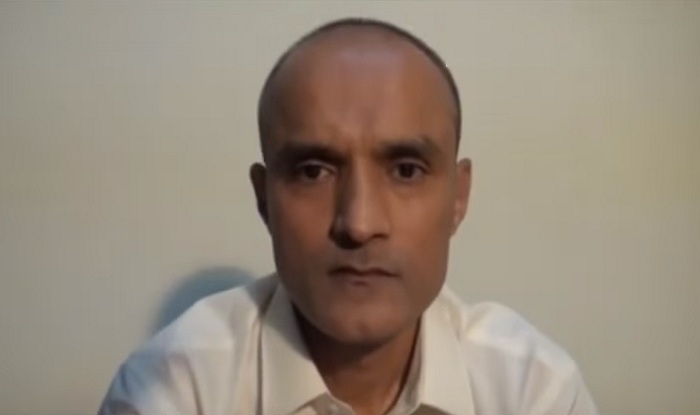
Indian national and alleged spy Kulbhushan Jadhav has been sentenced to death. It is a surprise news not because of the outcome, but because it is the first time most have even been aware that there was a trial. This is because the trial and sentencing were conducted in secret proceedings by the military. It is not my intention to question the results of these proceedings. As far as I know, Commander Jadhav is a spy and is guilty of the things he is accused of. However, also as far as I know, he is not. This is the problem. And while the accused will suffer the most from the situation, I believe we, too will not come out of it without our own scars to show.
There will be many reasons given to justify the secret military trial, most of which will point to reasons of national security and protection of counter-terrorist intelligence operations. These may be part of the rationale, but I do not believe they account for everything. Rather, I think this entire affair has been conducted in a manner intended to avoid a repeat of the Raymond Davis fiasco. In that situation, an admitted spy who killed two ISI men in broad daylight was given access to his Embassy and public trial by a civilian court. As a result, the accused was ultimately freed in a deal arranged by DG-ISI Lt Gen Shuja Pasha. The aftermath of the Raymond Davis episode has not been forgotten, either by the public or state officials. Protestors took to the streets across the entire country, and the credibility of the state suffered as it was seen as showing weakness before the American empire.
Kulbhushan Jadhav’s case is on the one hand more serious than the Raymond Davis case, and the other hand much weaker. For long, Pakistani leadership has pinned the blame for terrorism, particularly in Balochistan, on ‘foreign governments and intelligence agencies’. In 2015, Army specifically blamed RAW for instigating terrorism in Pakistan. With the arrest of Jadhav a year later, it seemed like the Army finally had their proof.
Soon after Jadhav’s arrest, though, things began to break down. ISPR released a ‘video confession,’ but that only raised more questions than it answered. Why, for example, would an Indian agent refer to terrorist activities in Pakistan as “anti-national”? And why was the confession recorded in English? Authorities were convinced that they had the proof they needed, though, and were prepared to take their case to the UN and finally put India in its place. Then came the famous admission of Sartaj Aziz in December 2016 that agencies had “insufficient evidence” to prepare a dossier against Jadhav.
Then, three months later, Sartaj Aziz announced that a FIR had been registered and Jadhav would be prosecuted. Now, only a few weeks later, the entire case has been concluded and the accused has been convicted and sentenced to death in what has to be the fastest trial ever conducted in history of Pakistan. Obviously, it was all done behind closed doors. Who knows what the facts are? Our only choice is to accept the word of the Army who has an obvious interest in seeing the accused convicted and executed. The entire national security narrative has been built on the back of this one man, along with the credibility of the military’s anti-terrorist strategy which has been called into question again due to skyrocketing terrorist attacks.
Given only one choice, we are unable to be truly convinced. As a consequence, there will remain a lingering doubt. Did we sacrifice an innocent man in order to protect a narrative? Why was the accused denied consular access per diplomatic norms? Does the fact that the weak ‘video confession’ is being promoted again mean that this is the only evidence we have? If the case against Jadhav was strong, why keep the evidence hidden away in secret military trials and classified ‘dossiers’? These are questions that will haunt the proceedings. The more one looks at the facts, the more it looks like Kulbhushan Jadhav has been convicted and sentenced in a manner scripted to make the state look strong against India, but the way it was handled could unintentionally result in the opposite.
![]()






[…] Let us be honest with ourselves. There have been questions about the way that Kulbushan Jadhav case was handled since day one. The surprise announcement of Jadhav’s death sentence may have been what the country wanted to hear, but it left more questions than answers. As I wrote at the time: […]